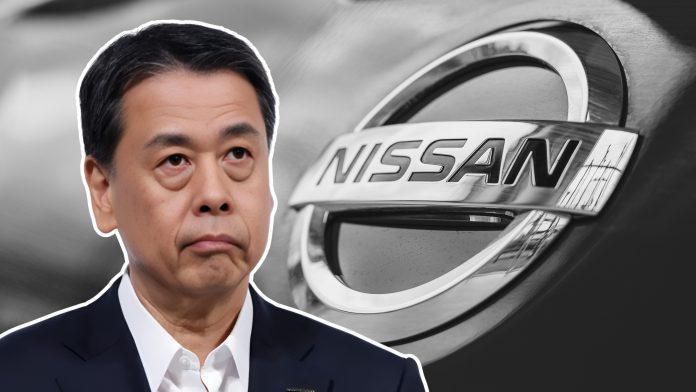Due to the automaker’s financial struggles, Nissan Motors is bracing for major leadership changes as pressure mounts for CEO Makoto Uchida to step down. These struggles have intensified with second-quarter losses, declining sales, rising incentives, and increasing debt set to peak next year. Adding to its woes, Nissan’s credit rating has been downgraded to junk status.
The board plans to recommend an interim successor on March 6 and may vote as soon as next week. Reports suggest that Jeremie Papin, a veteran of Nissan’s North America division and the newly appointed CFO, could temporarily lead the company while it searches for a full-time replacement.
Nissan typically finalizes leadership changes in March for an April transition, aligning with the start of the fiscal year.
However, Uchida’s departure could reopen merger discussions with Honda, which collapsed last month. Japanese media reports indicate that Papin, more receptive to Honda’s proposal to make Nissan a subsidiary, may facilitate renewed negotiations. Nissan’s primary lender, Mizuho Financial Group, is also pushing for a deal.
Meanwhile, Foxconn, the Taiwanese manufacturer known for producing iPhones, is reportedly exploring a four-way alliance with Nissan, Honda, and Mitsubishi. The company sees potential in a strategic partnership focused on electric vehicles (EVs). Although Honda has yet to receive an official proposal from Foxconn, it has not ruled out the possibility of collaboration.
As Nissan navigates these turbulent changes, its board is prioritizing rapid reforms to strengthen the company’s financial position and improve stock performance. A stronger market stance could also encourage Renault, Nissan’s longtime French partner, to relinquish its stake.
Moreover, to address ongoing financial struggles, Nissan has outlined deep cost-cutting measures, including a previously announced reduction of 9,000 jobs—6,500 of which will come from the manufacturing sector. This includes the closure of three plants, though only one location has been disclosed. In addition, Nissan recently cut a shift at its Sunderland, England, facility to optimize production efficiency.
With leadership restructuring, potential mergers, and aggressive cost-cutting measures on the horizon, Nissan is at a critical turning point. The coming weeks will determine whether the automaker can stabilize its operations and chart a new course for the future.





